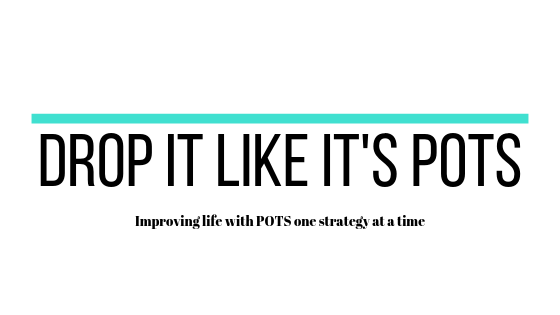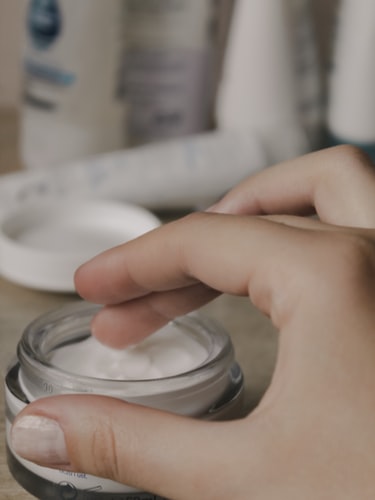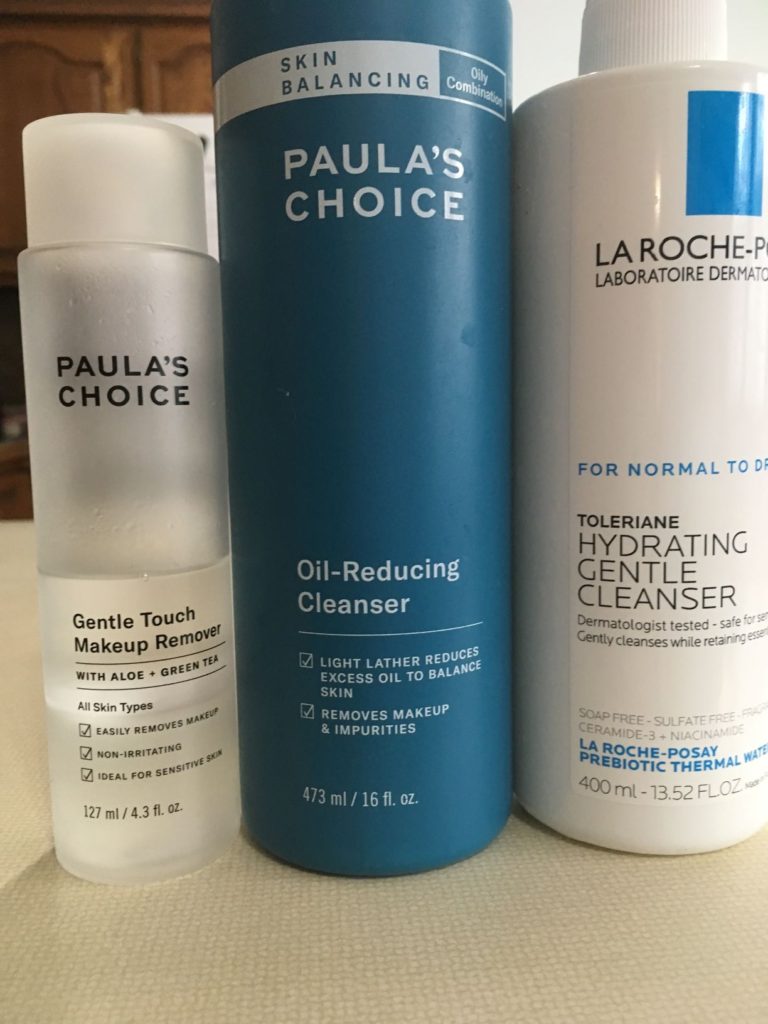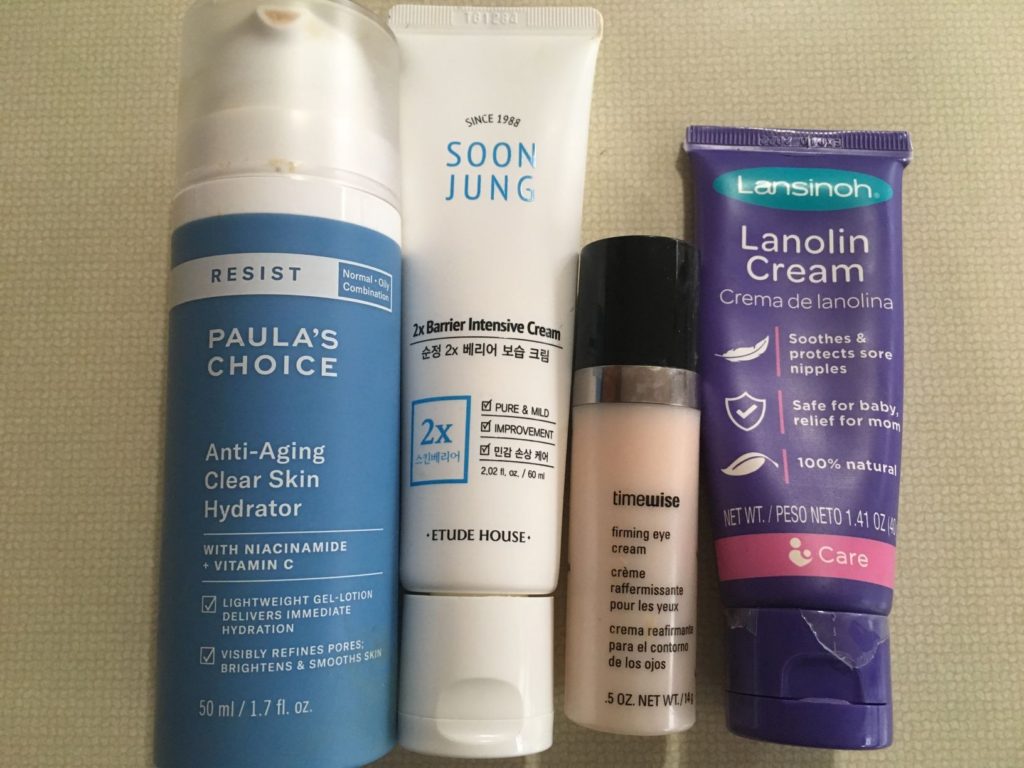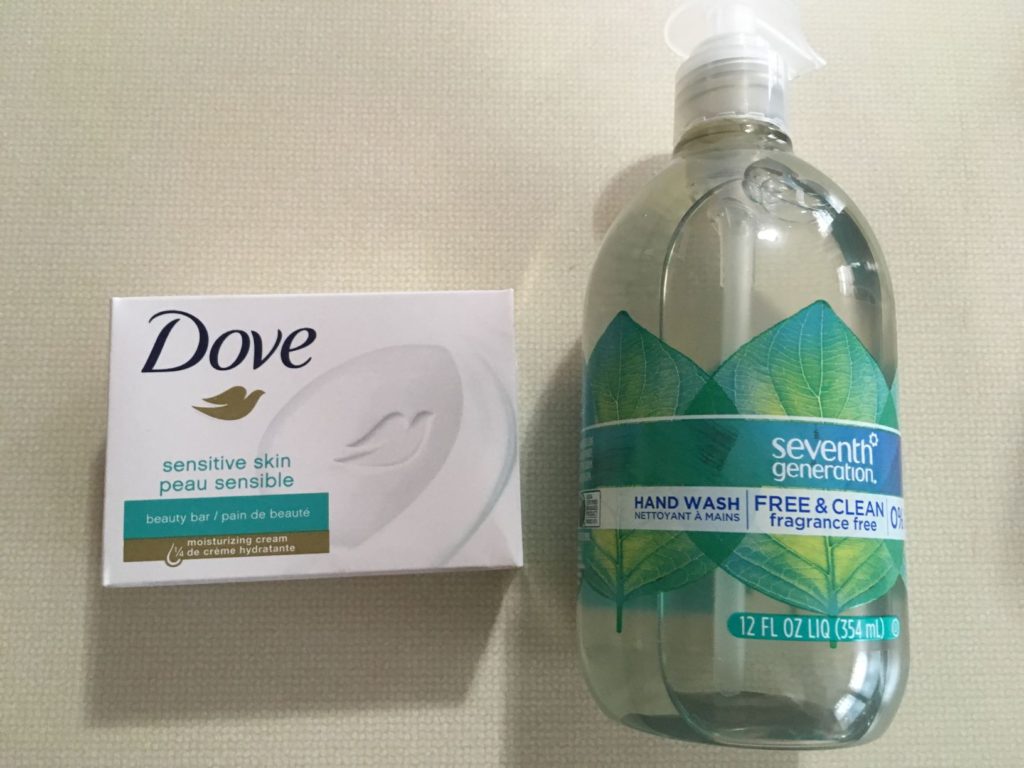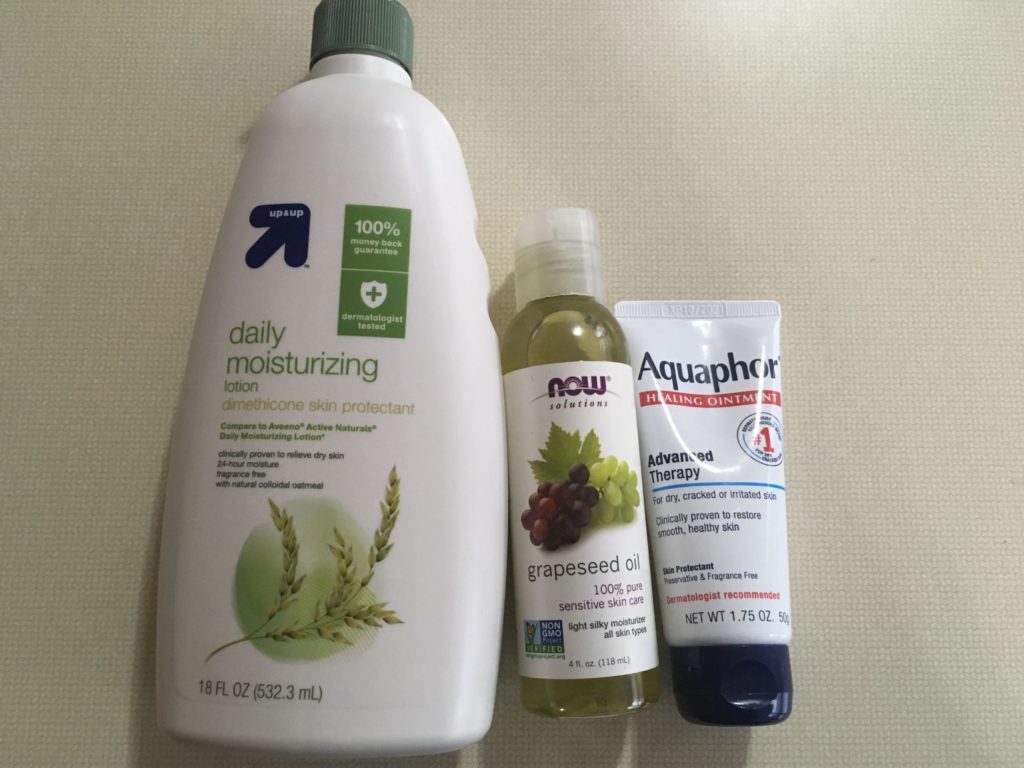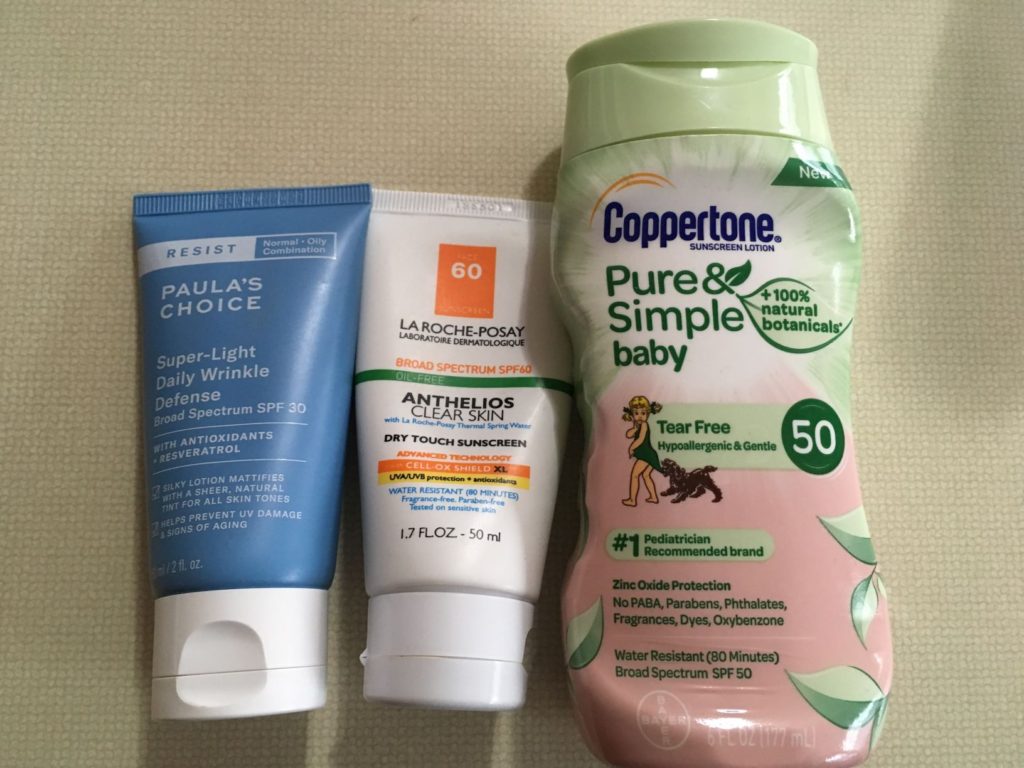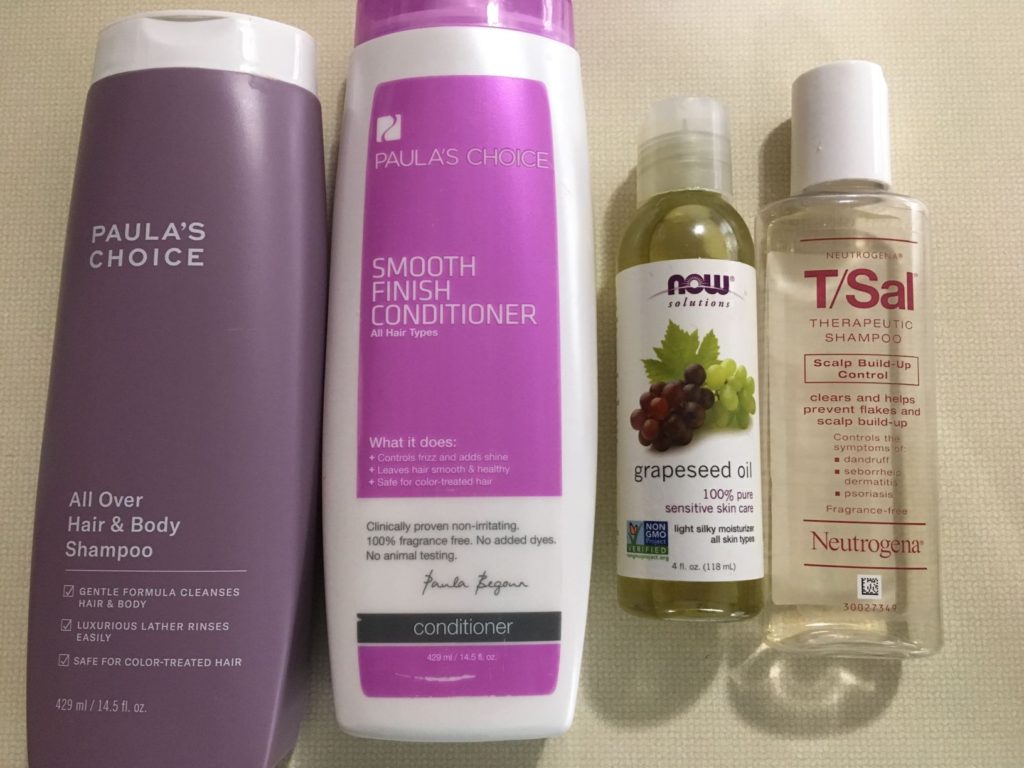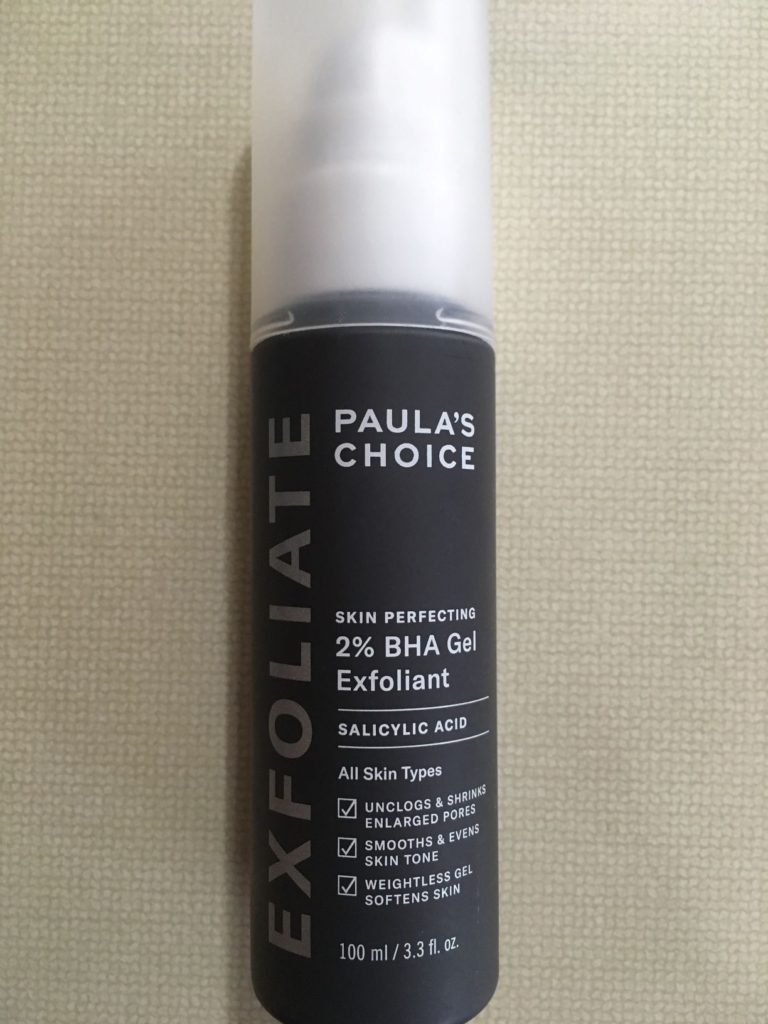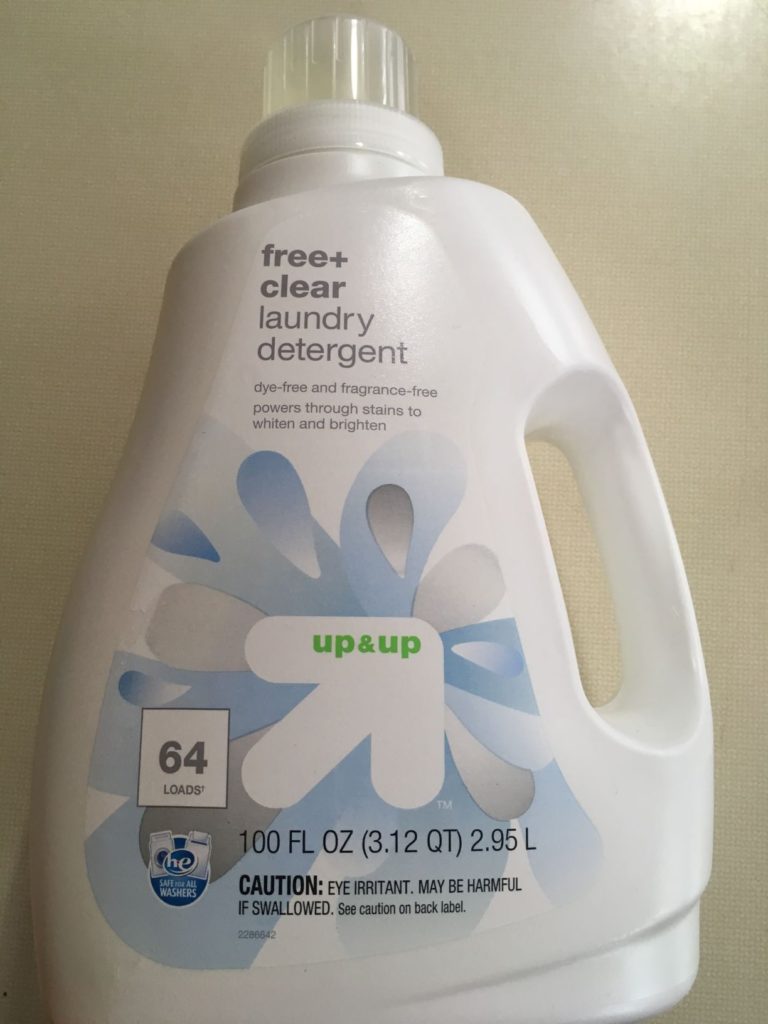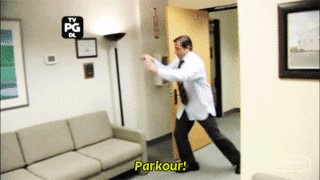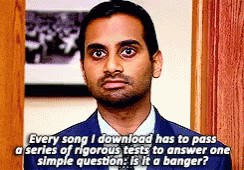Chronic illnesses like POTS and ME are not caused or cured by psychological means. However, our mental state impacts our physical state to a degree. Consider the placebo effect and the fact that researchers must account for this phenomenon. Our minds are powerful tools. I will teach you some mind tricks that I learned at the Mayo Clinic, and through experience, to harness that power.

Sick behaviors (What not to do)
This list is the “what not to do”. Sick behaviors teach our brain that we are sick and then in a feedback loop tells the body “feel and act sick”. These behaviors compound already existing problems according to the Mayo Clinic.
Disclaimer: Not all of these may apply to your situation. Sometimes these “behaviors” are not a choice. For example, I think of people with severe ME. They do not have the choice to get dressed and get out of bed as they at times cannot move independently. So, as you read these, filter them through the lens of your situation.
Here are examples of sick behaviors:
- Talking about symptoms. This is hard to not do when you are in the phase of trying to figure out what is going on. Also, people are probably concerned and ask you often. Mayo told us to be “plan-oriented” rather than “symptom-oriented”. So, when we discuss our illness, we are focused on what we are doing about it rather than the symptoms. Practically, how this looks is when I talk about POTS/ME to my husband, I don’t whine about symptoms (usually). Instead, we discuss the treatments I’m doing or he will ask how my workout went, etc.
- Keeping a log of symptoms. It can focus the brain on symptoms. However, if your doctor encourages this, then of course ignore this suggestion.
- Not “getting ready”. If you wear PJs all day and “look sick”, when you look in the mirror your brain will register “you are sick” and perpetuate those signals. By getting ready, you signal to your brain a different narrative. Keep in mind that “getting ready” can have a wide range. It means doing whatever you have to do to feel presentable.
- Having a lot of visual cues of illness around the house. Other than my eye exercise markers taped on the wall (it would be a pain to take down and tape back up each day), I keep everything illness-related hidden away.
- Measuring health metrics. This includes blood pressure, heart rate, temperature, etc. Unless a doctor has advised you to do this, or you require it to stay safe, I would recommend skipping it. It is a constant reminder that your body is messed up.
- Staying in bed. Even moving to the couch makes a difference to your brain. Staying in bed and not sleeping also negatively impacts nighttime sleep quality. It teaches your brain that bed is not just for sleep (which we don’t want).
Positive mind tricks
Disclaimer: As I mentioned with the sick behaviors, not all of these may be applicable to your situation.
- Meditation in general – I wrote a post about Meditation you can find here. Lately, I have been using these podcasts to meditate: Meditation Minis, Mindful15, and Mindful in Minutes.
- Imagery. I have done a few meditations imagining healing in the body via chakras. I’m not necessarily “sold” on the concept of chakras, but I still enjoyed the imagery and it felt positive. I would like to try imagery meditations more regularly.
- Have as normal of a routine as possible. Your brain is smart. It knows when you’re being normal or not. Sticking to as much “normalcy” as possible sends your brain the correct message. Don’t be dismayed by this, it doesn’t mean that your life has to resemble what it did before you got sick. It just means that you change small things to make it closer to normal.
- Socialization and laughing. Our brains grow and improve with these activities. It also sends positive signals to the brain which will then feedback loop those signals back to the body.
- Actively working on at least one new healing activity/modality/medication. This helps me to always feel like I am moving forward, even if I am just placebo-ing myself.
- Generally healthy habits. You know if you’ve been “good” or not and this confidence boosts mood and overall well-being. You know those days where you just do everything right: you do your yoga, eat your salads, and feel like a walking beacon of health? That healthy swagger is a powerful thing.

Resources for mental health
Although the purpose of this post was to teach you how to use your brain to “trick” your body, I would like to briefly address mental health. Dealing with chronic illness is difficult. If you need help coping, I would recommend seeing a mental health professional.
If seeing a mental healthcare professional seems too daunting of a task, the good news is that mental healthcare can be very accessible to those of us with chronic illness thanks to telemedicine. Here are a few options:
- Better Help Counseling– I hear their ads often on podcasts. It seems like a noteworthy option.
- Dysautonomic Clinic Counseling Services– My neurologist Dr. Blitshteyn owns Dysautonomia Clinic. It is based out of New York, but provides telemedicine services. She has a counselor on staff, Dr. Danielle Williams, that specializes in coping with chronic illness among other things. She actually has POTS, EDS, and other chronic illnesses herself. To set up a remote appointment, click “Request a Consult” button. You can either e-mail them or send a message to request an appointment. Their phone number is listed, but is only used for the actual appointments.
- TalkSpace– This seems like another legitimate and professional option.
If you prefer to work on things on your own, the Mind Over Mood book is a fantastic resource. The Mayo Clinic recommended this book during the Chronic Fatigue and Fibromyalgia Clinic. I figured, why not, let’s do this thing. Then, I opened the book and saw the mounds of worksheets I was like:

I kept an open mind and proceeded through it one chapter at a time. Honestly, I can’t think of any person who wouldn’t benefit from applying the principles in this book, it is fantastic.
Have you implemented any of the mind tricks I discussed above? Do you have any other tricks to share?
Disclaimer: I am not a medical professional. Statements on this site are not meant to be taken as medical advice. These statements reflect my personal experiences having mild-ish post-viral POTS and ME. Due to the wide spectrum of these diseases, comorbidities, and everyone being different, your experiences may be very different than mine.
Note: If you post a comment, this site does NOT have a feature to notify you of responses to your comment. I have not found a good solution for that yet. However, I usually respond to every comment in a timely manner, so be sure to check back.
